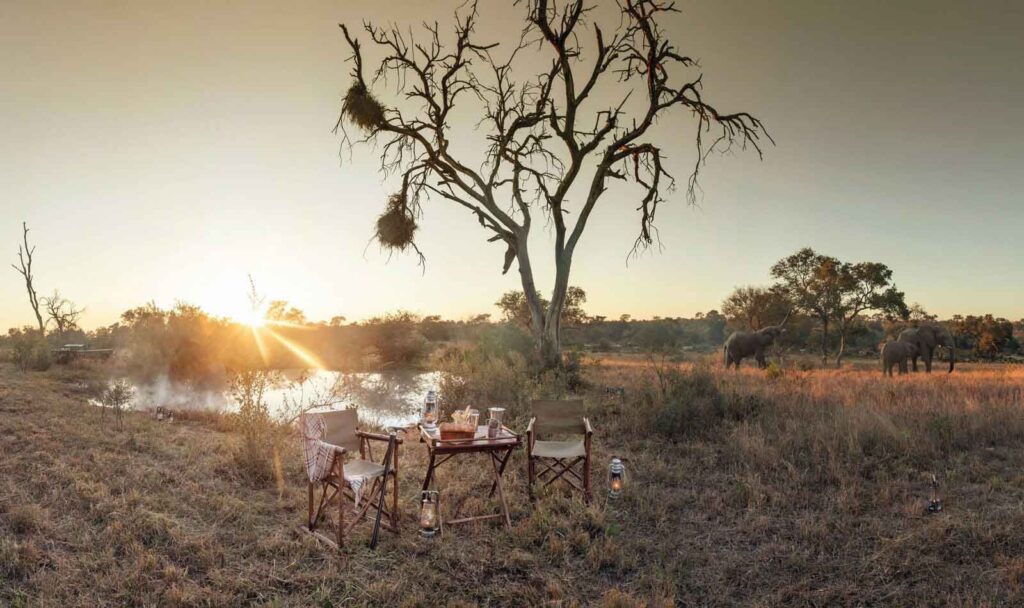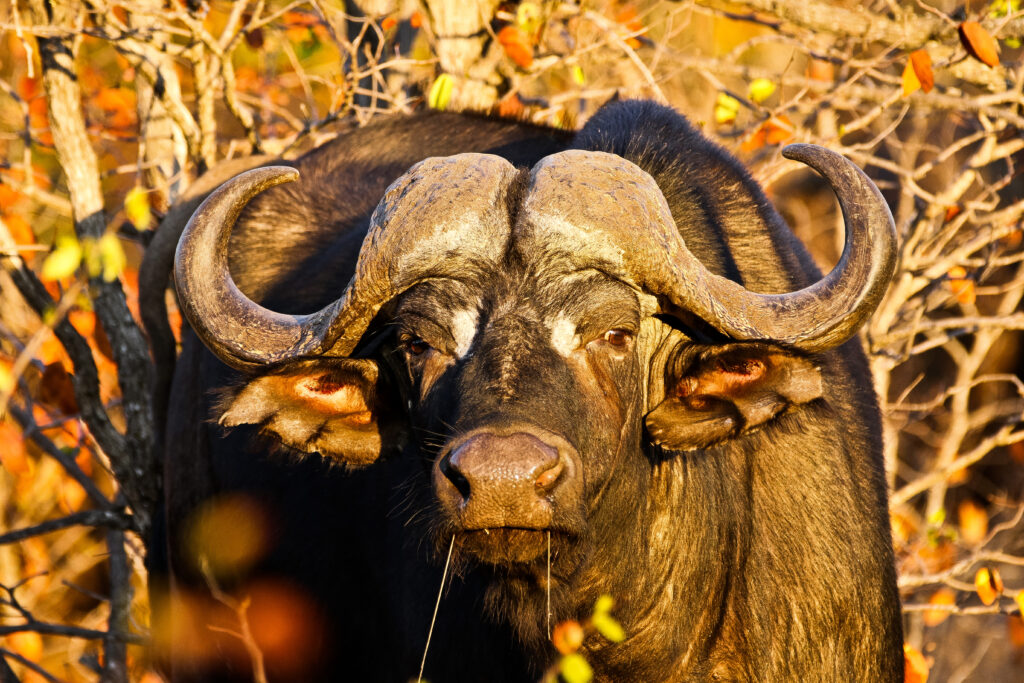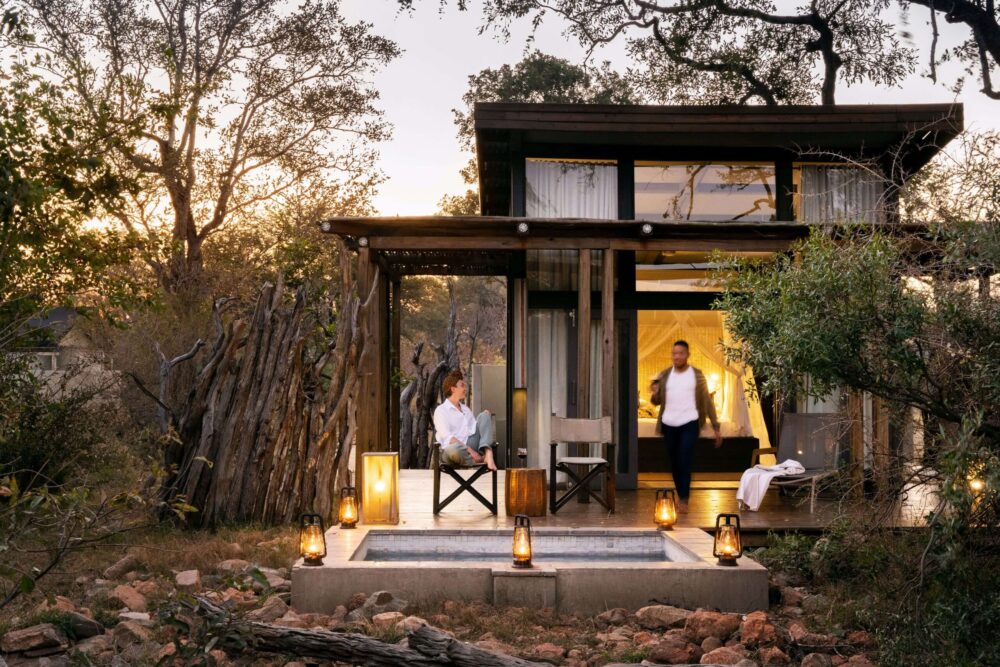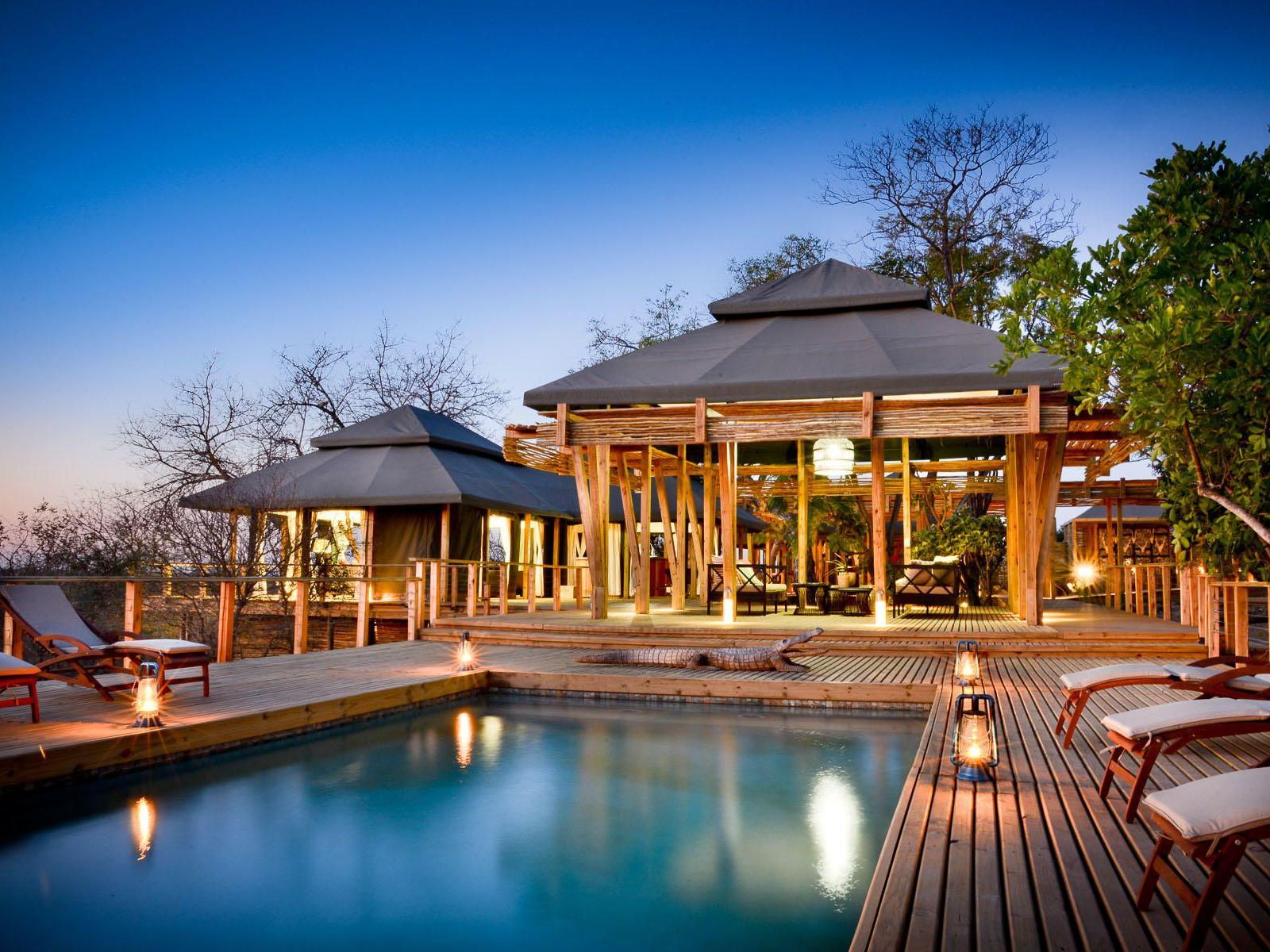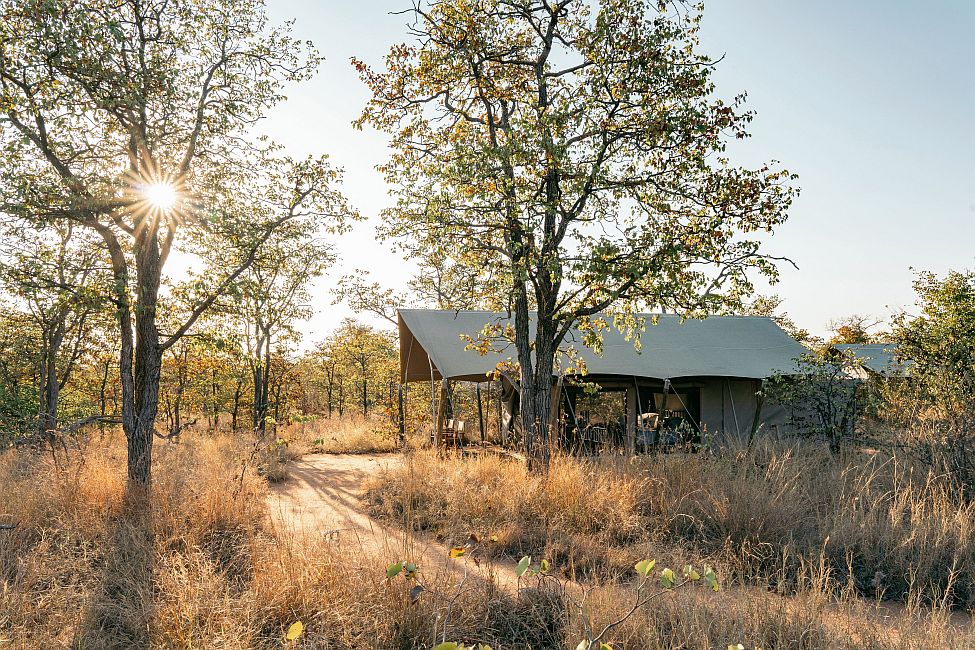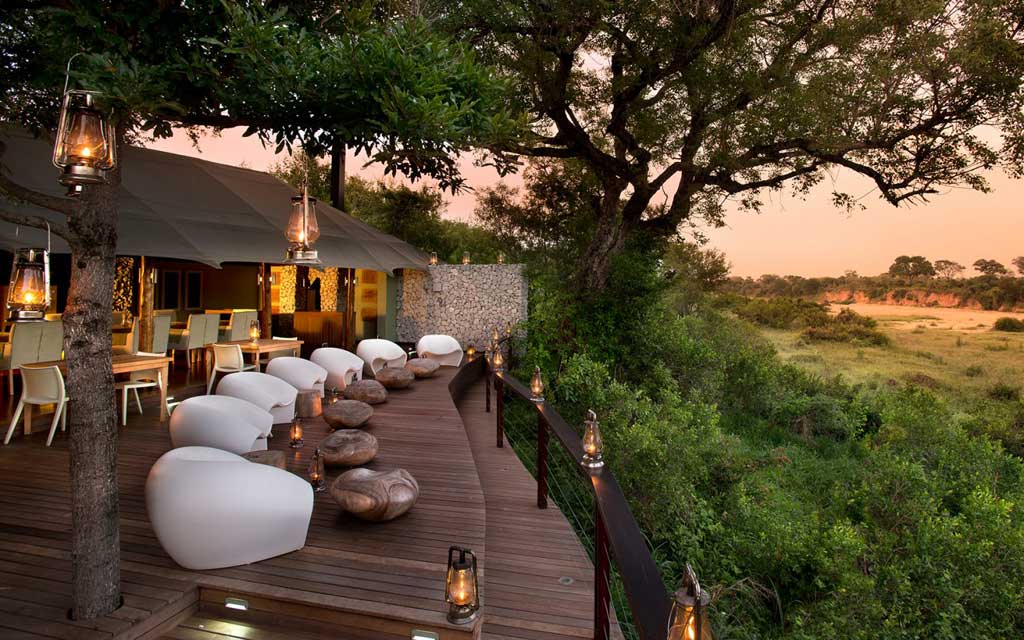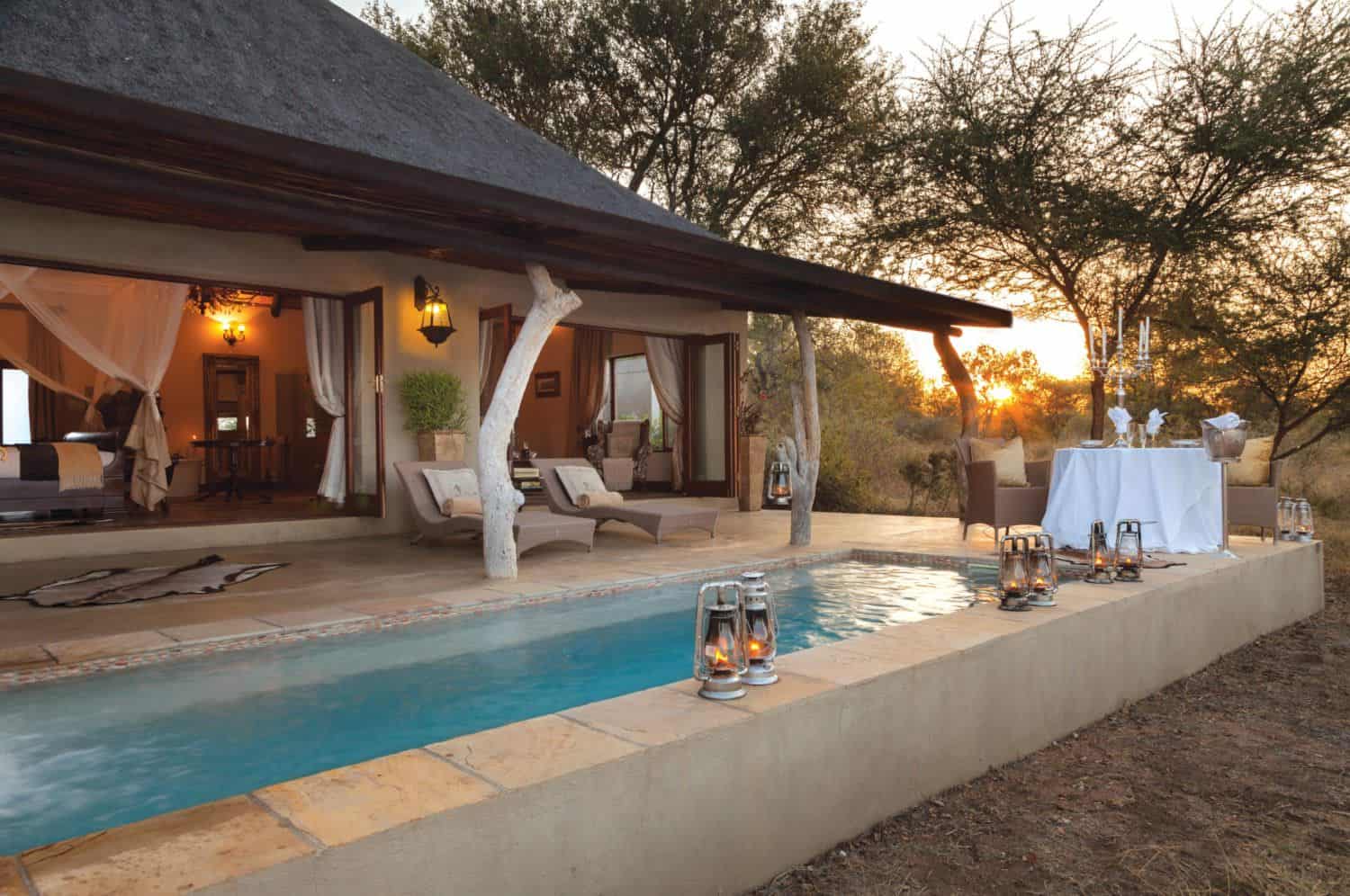TIMBAVATI GAME RESERVE
Since its beginning, the reserve has grown and now covers an area of 53,396 hectares with 47 landowners. Bound by a common constitution, the association is a non-profit body solely committed to preserving the fauna and flora of the area.
An important milestone in the history of the reserve was the dropping, in 1993, of the fences between itself and the Kruger National Park and other adjoining privately owned conservation areas. This expansion of the open system initially included Timbavati, Klaserie and Umbabat Private Nature Reserves, and later the Balule Nature Reserve, adding some 184,000 hectares to what is today referred to as the Greater Kruger National Park. More recently the fences between the Timbavati and its neighbour to the west, Thornybush, were also dropped, which opened an additional 14,500 hectares, further encouraging natural species migration.
Since its humble origins in the 1950s, the reserve is now a highly professional organisation, that protects sustainable populations of many endangered species such as black and white rhinoceros, pangolins, saddlebilled storks, southern ground hornbills and many others.
The Timbavati is home to a number of Safari lodges that cater to local and international tourists, bringing a thriving tourism economy to the region, and promoting employment within the reserve and in the neighbouring communities.
The Timbavati Game Reserve lays nestled between two private safari game reserves and the world famous Kruger National Park, with which it shares a fifty kilometer unfenced border.
Welcome to a true African experience you wont forget!



